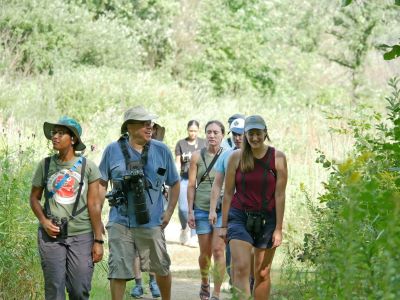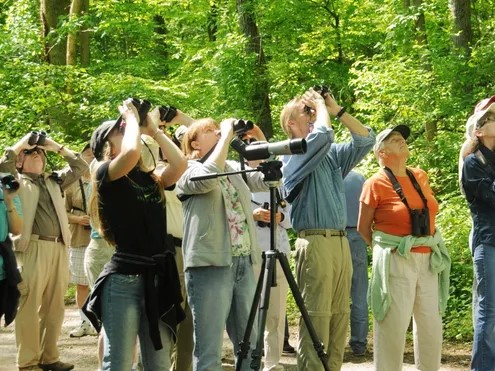Our First Saturday Bird Outings, created as part of our commitment to the Lane Audubon…
 A recent article published in The Atlantic prompted a good discussion among LCAS Board members. The article, “A Journey Into the Animal Mind,” can be seen at: tinyurl.com/y2mwpbdo
A recent article published in The Atlantic prompted a good discussion among LCAS Board members. The article, “A Journey Into the Animal Mind,” can be seen at: tinyurl.com/y2mwpbdo
It is only partially about crows, but includes many examples of animal consciousness and learning. It is a story of the Jain sect in India, which is an ancient religion whose highest commandment forbids violence not only against humans, but also against animals. The Jains run a Birds Hospital in Delhi, India.
This article brought recommen-dations from other board members of recent books on animal consciousness. Debbie Schlenoff recommended two by Frans de Waal. Are We Smart Enough to Know How Smart Animals Are? de Waal’s 2016 bestseller is reviewed in Earth Island Journal at: tinyurl.com/y4qrulv6
Frans de Waal just wrote a new one, Mama’s Last Hug: Animal Emotions and What They Tell Us About Ourselves. Here’s a New York Times book review: tinyurl.com/y53dj9xx
Jim Maloney suggested Carl Safina’s fascinating and expansive book, Beyond Words: What Animals Think and Feel, published in 2015. See: tinyurl.com/y4l9tpru
The overall messages of these books is that science is finally looking at both animal cognition and emotion as relevant fields of study, and that to understand animals we should not simply compare them to humans.
Frans de Waal says it best: “Animal cognition is adapted to the specific circumstances of a species instead of thinking in terms of a scale like fish, birds, mammals, and us. This kind of scale thinking is very prevalent in many people. They think there is a kind of linear scale from low to high in the animal world.
“What we really see is that each species is different and each species depends on what they do and what they need to know. It’s very hard to say which one is smarter, and that sort of comparison is not even relevant. The study of animal intelligence brings animals up, in the sense that we get a higher opinion of what animals are all about and how they think and how they feel. But it also brings down humans a little bit.
“I think it has a profound effect on how we look at ourselves and our place in nature.”



